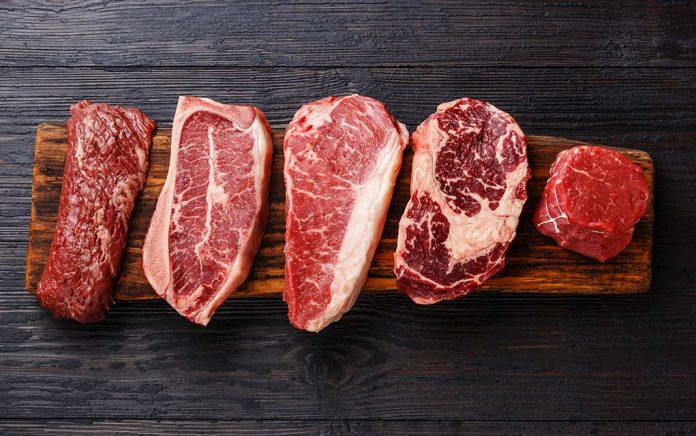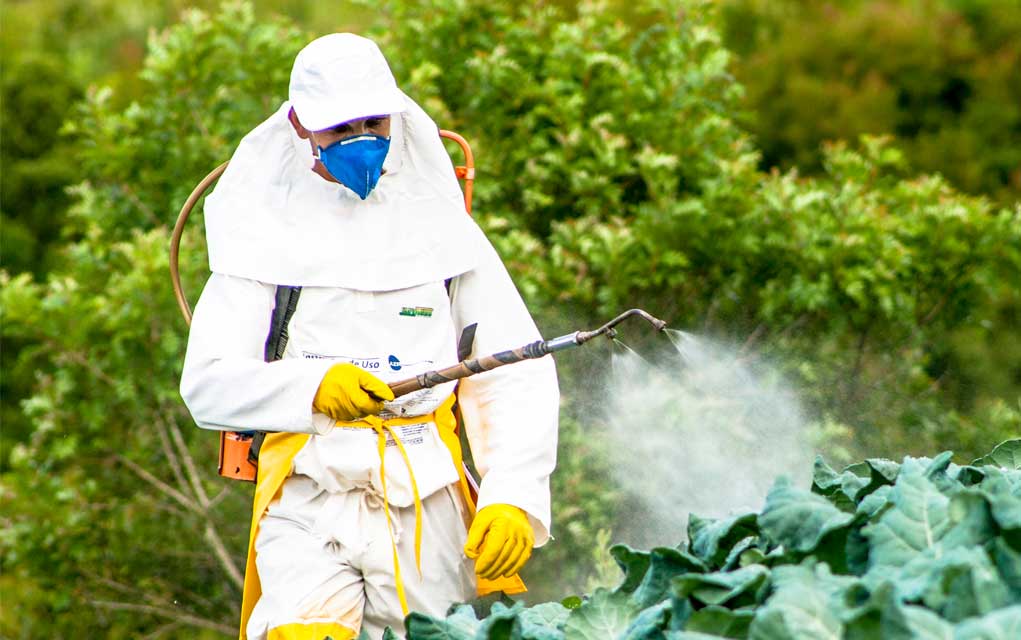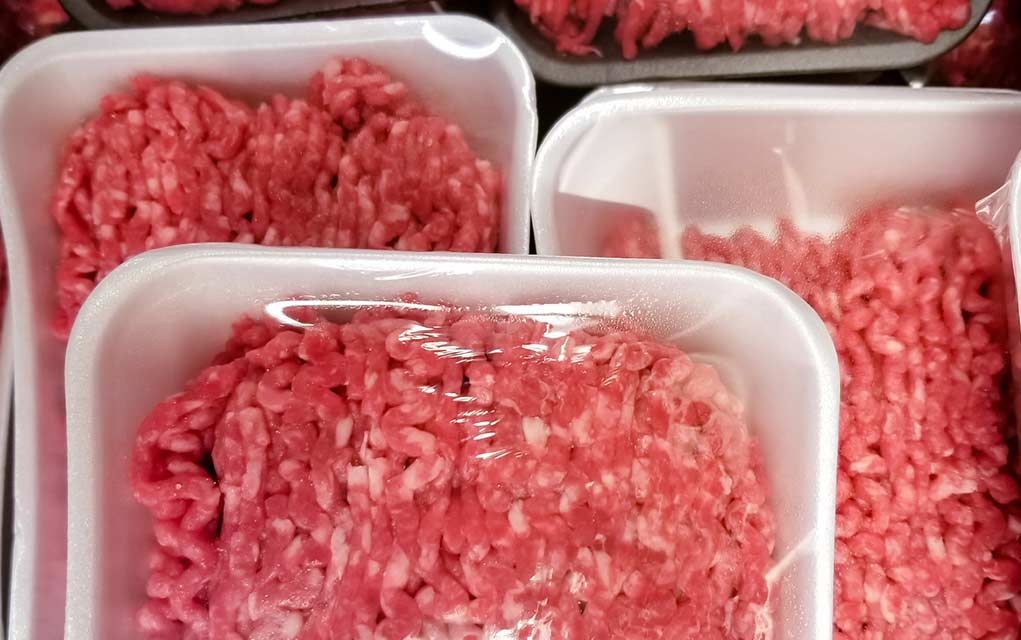
6 Foods That Contain More Protein Than Steak
(WellnessPursuits.com) – Meat eaters and Vegetarians alike require a variety of healthy, alternative ways to add protein to their diet. Protein is a vital component of every cell in the human body and since your body can’t store this macronutrient, it relies on the protein you consume everyday, to stay healthy and functioning properly.
Nutritionists say it’s beneficial to get protein from a variety of foods and replace at least some red meat meals with meals containing alternative, perhaps even healthier high-protein sources.
Here’s 6 Foods That Contain More Protein Than Steak:
1. Vegetables??
There are heated debates over whether vegetables, namely broccoli and spinach, contain more protein than steak. You’ll find copious amounts of (vegetarian-friendly) websites stating vegetables reign supreme for protein, but just as many (beef industry) websites saying steak wins, hands-down. Yes, plants contain protein, but these proteins are incomplete.
This means individual vegetables lack one or more essential amino acids required for the body to utilize it. So, while no one vegetable is higher in complete protein, the right combination of veggies potentially could be. However, even if a 100-calorie amount of broccoli contained more protein than a steak of equal caloric value, it’d take a super-sized helping of low-cal broccoli to reach 100!
2. Is It Fowl?
If you’re seeking leaner meat options that pack more protein than steak, look to winged choices. A three-ounce broiled porterhouse steak has about 22 grams of protein, while skinless, roasted turkey or chicken breasts have 26. Since beef has a higher percentage of fat, it often has less protein than most fowl.
For meat-less diets, half a cup of raw tofu comes close with 21.76g of protein and if you eat eggs (highly beneficial for balanced nutrition), they’re nearly a contender with 17.11g of protein in one cup of diced, hard-boiled eggs.
3. Go Fishing
Like some fowl, many types of fish and other seafood also contain significantly less saturated fat, which offer healthier options with plenty of protein power. Three-ounces of grilled steak or seared bluefish tuna both contain 21 grams of complete protein.
Some fish-to-steak comparisons, like four-ounce portions of grilled tilapia versus porterhouse steak, has fish edging into the lead with one extra gram of protein with notably fewer calories.
4. Getting Exotic
Increasingly popular, leaner meat substitutions include a variety of exotic choices. If you’re open to unusual alternatives, several contain more protein than beef. While a 100-gram (3.5 ounce) raw serving of lean skirt steak has 19.62 grams of protein, here’s how the same raw serving of exotics stack up:
- Bison 21.62g
- Ostrich 21.99g
- Wild Elk 22.95g
- Emu 22.83g
- Wild Boar 21.51g
5. Bugging Out
Yum! A heaping helping of your favorite insect – cue gag reflex. Entomophagy (eating bugs) is considered a delicacy in many other countries, but munching bugs hasn’t quite caught on in the U.S. If you can overcome the creepy crawly sensation, many bugs are bursting with protein. According to a new study, crickets, meal worms, bees and other bugs are more nutritious, and choking down 200 crickets packs more protein than a 3.5-ounce steak. Bring on the A1!
6. Ahh Nuts! & Other Snacks
Straight from the United States Department of Agriculture’s Nutrient Database, three ounces of trimmed, broiled top-choice sirloin steak has 22.78 grams of protein. If you can’t stomach insect snacking, here’s a list of more conventional, one-cup servings of snacks that are higher in protein:
- roasted pumpkin seeds 35.21g
- toasted sunflower seeds 23.06g
- dry-roasted peanuts 35.55g
- dry-roasted almonds 28.92g
- diced Swiss cheese 35.59g
- diced cheddar cheese 30.19g
Not all proteins are created equal. Quality, complete proteins should also provide the right amino acids and nitrogen for proper growth, maintenance and repair of your body. The USDA therefore, recommends getting your protein from a variety of foods, not just lean, red meat exclusively.
Copyright 2024, WellnessPursuits.com
















